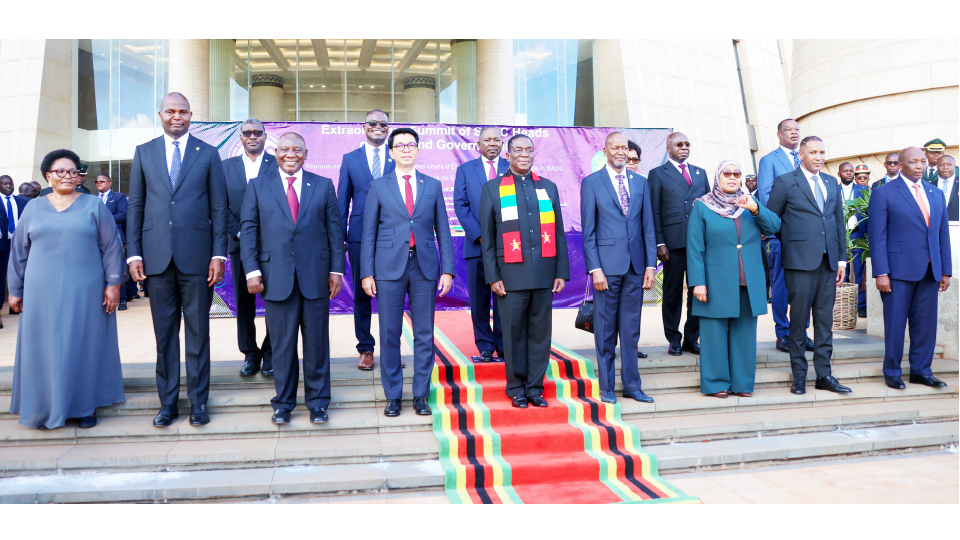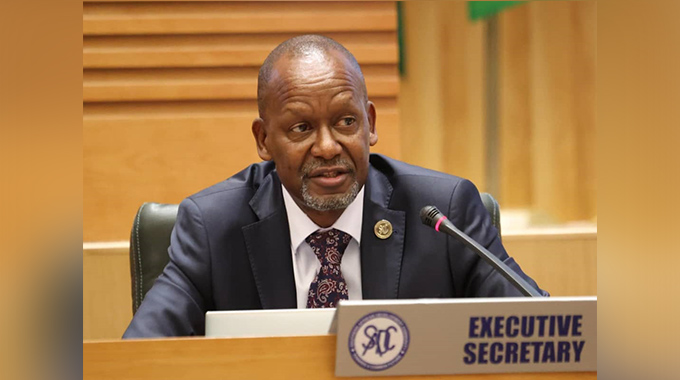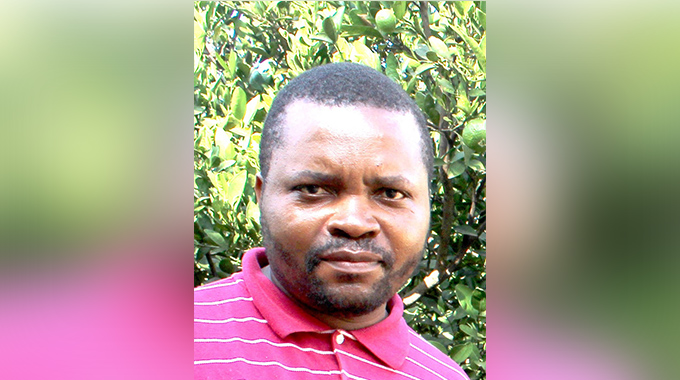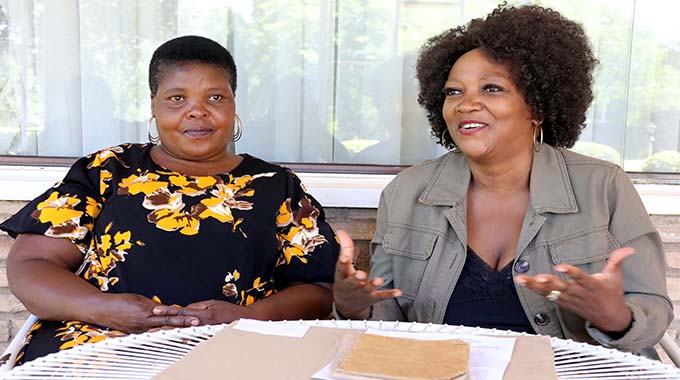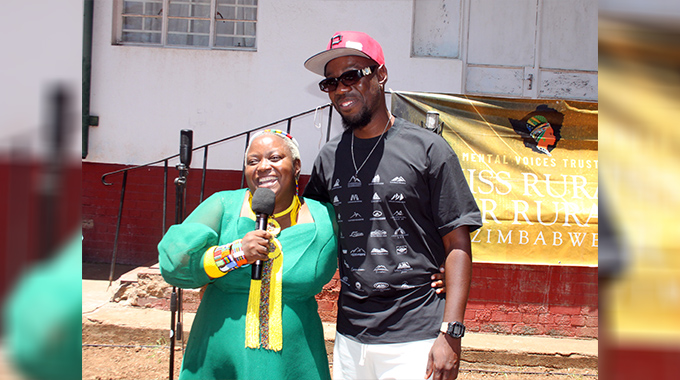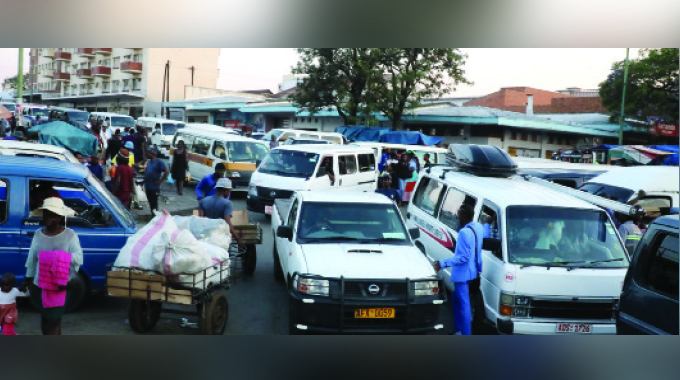
Ashley Phiri, ashleyphiri66@gmail.com
ABOUT 2 248 households from Bulilima District in Matabeleland South Province have benefitted from the Zimbabwe Council of Churches (ZCC)’s Strengthening Drought Response and Recovery (SDRR) programme.
Among those who benefitted are 312 from Hingwe, 304 in Bambadzi, Makhulela 255, Ndolwane 319, Madlambuzi 306, Nathane 438 and Huwana 314. Each household received 20kgs mealie-meal, 3kgs sugar beans and two litres cooking oil.
Funded by Christian Aid, the initiative has provided essential services such as water, sanitation and livelihood support since its launch in September 2024. The programme is set to conclude in February this year.
As the province continues to battle the devastating impacts of recurrent droughts, the SDRR programme was developed to address the urgent needs of affected communities through a multi-faceted approach.
It focuses on enhancing livelihoods, promoting gender equality and supporting vulnerable groups, including women, children, the elderly and persons with disabilities.
One of the programme’s key achievements has been the rehabilitation of 21 defective boreholes in Bulilima, ensuring reliable access to lifesaving, multipurpose water supplies. To guarantee the sustainability of these water points, 21 water point management committees were trained in the management and maintenance of the boreholes.
“Since its inception, the project has strengthened lifesaving, multipurpose water access for drought-affected households through the repair and rehabilitation of 21 defective boreholes. For the repaired boreholes, 21 water point management committees were trained in the management and maintenance of water sources to ensure sustainability,” said the ZCC in a statement.
The programme also focused on boosting income generation through training on sustainable agricultural practices, livestock management, water harvesting techniques and composting technologies. Beneficiaries were introduced to the production of traditional grains and livestock emergency guidelines, equipping them with the skills to build resilience in the face of climate challenges.
“The drought-affected households received enhanced income generation options through training in farm and off-farm livelihood activities, including livestock emergency management, sustainable agricultural practices, conservation technologies, composting technologies and the production of traditional grains, along with livestock emergency guidelines,” the statement added.
To complement these efforts, the programme provided financial literacy training, teaching community members about internal savings and lending concepts, fostering economic empowerment within the community.
For four months, the ZCC provided in-kind food assistance to the most vulnerable households in Bulilima, ensuring food security during the critical period.
In addition, the programme addressed gender-based violence (GBV) and promoted gender equality by conducting gender assessments, establishing referral pathways for GBV survivors and training community leaders on protection issues. These efforts aim to create safer, more inclusive communities.
The ZCC highlighted the importance of collaboration in addressing the complex challenges posed by drought. The organisation worked closely with government ministries, rural district councils, other faith-based organisations and local leaders to ensure a co-ordinated response.
Building on insights from the earlier Anticipatory Action Project, which ended in July 2024, the SDRR initiative prioritised vulnerable groups, including women, children and persons with disabilities from food-insecure households.
As the SDRR programme nears its conclusion, the ZCC remains committed to not only providing immediate relief but also building long-term resilience within the affected communities. The initiative represents a comprehensive approach to addressing the intertwined challenges of drought, food insecurity and social inequities, paving the way for a sustainable future in Matabeleland South.
Through the combined efforts of the Zimbabwe Council of Churches, Christian Aid and local stakeholders, the hope is to empower communities to recover and withstand future adversities.



